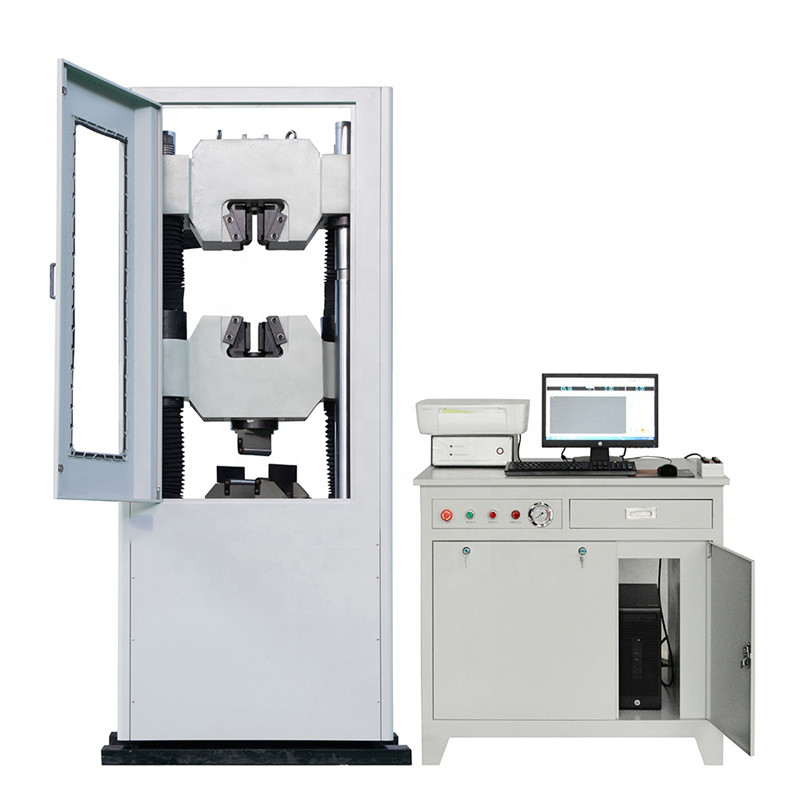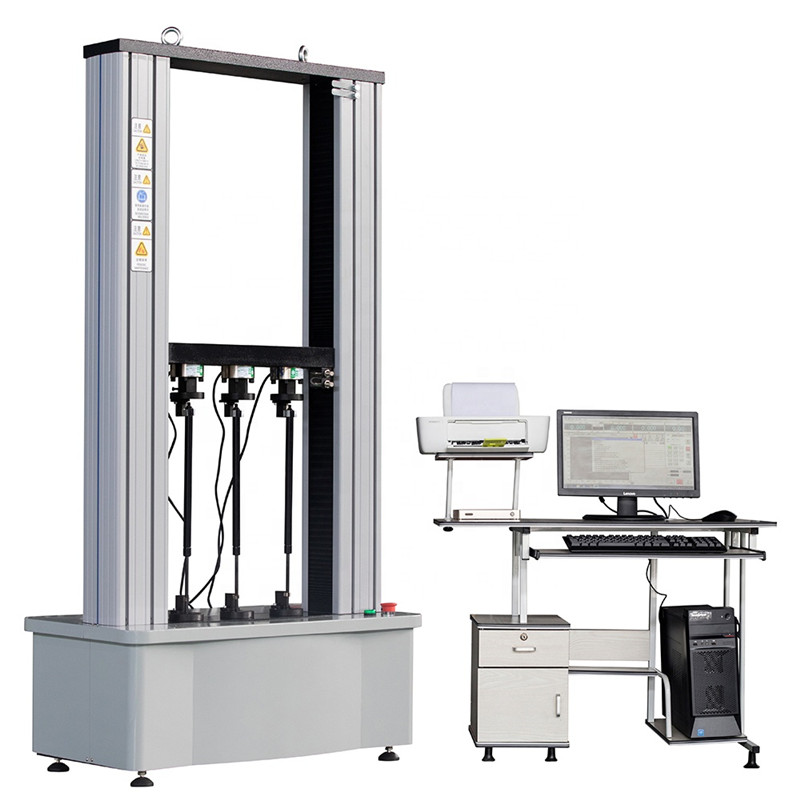Universal testing machines (UTMs) are versatile and essential tools in materials testing and quality control. It is designed to carry out extensive mechanical testing of materials, components and structures to determine their mechanical properties and behavior under different loading conditions.
The principles of UTM are critical to understanding its operation and the significance of the test results it provides.
The core working principle of universal machine testing is to apply a controlled mechanical force to a test sample and measure its response. This is achieved through the use of load cells, which are capable of applying tensile, compressive or bending forces to the sample. The machine is equipped with a crosshead that moves at a constant speed, allowing precise control of force application. Load and displacement data obtained during the test are used to calculate various mechanical properties such as tensile strength, yield strength, elastic modulus, and ultimate tensile strength.

The universal testing machine is an adaptable testing instrument capable of accommodating specimens of various sizes and shapes. This versatility is achieved through the use of interchangeable clamps and fixtures that can be customized to the specific requirements of the test. In addition, the machine is equipped with advanced software that can customize test parameters and monitor test data in real time.
UTM can be likened to an automated teller machine (ATM) in that it provides a seamlessly integrated platform for conducting material testing. Similar to how ATMs facilitate the collaborative integration of people, information and technology in financial transactions, UTM systems enable seamless integration of testing processes, data management and analysis. This integration is supported by advanced communications, navigation and surveillance technologies, ensuring efficient and accurate execution of tests.
UTM plays a vital role in various industries such as aerospace, automotive, construction and manufacturing, where the mechanical properties of materials are critical. By adhering to the principles of precision, accuracy, and repeatability, UTM enables engineers and researchers to make informed decisions about material selection, quality control, and product performance.

When you are keen on any of our items following you view our product list, please feel free to make contact with us for inquiries.


Post time: Apr-19-2024

